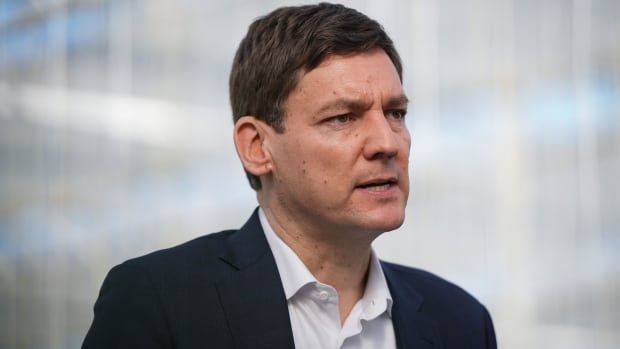“Is it fair for some provinces to receive millions in equalization payments while others receive nothing? This is the question that Premier David Eby of British Columbia is asking as he considers joining Newfoundland and Labrador’s court case against the federal government over equalization payments.
The Current Funding Model: Broken and Unfair
Premier Eby believes that the current funding model is broken and is leaving provinces like B.C. and Newfoundland behind. He points out that while Ontario received $421 million in equalization funding last year, British Columbia received nothing. This imbalance has led Premier Eby to threaten legal action to demand fairness.
Newfoundland’s court challenge highlights the disadvantage that certain provinces face under the current payment scheme. Despite calls for changes, the federal government has refused to overhaul the funding formula until 2029. Eby’s intention to collaborate with Newfoundland in this legal battle underscores his commitment to ensuring that all provinces are treated fairly.
Unbiased Perspectives and Potential Solutions
Saskatchewan Premier Scott Moe has also expressed support for the legal challenge, showing that this issue transcends provincial boundaries. Political scientist Stewart Prest points out that the calculation of equalization payments lacks consideration for certain crucial factors, such as the demographics of a province. This raises questions about the fairness and accuracy of the current model.
Premier Eby’s stance against Ottawa may be viewed as a strategic move ahead of the provincial election. By positioning himself as a champion for British Columbians against the federal government, he is leveraging this issue for political gain. However, this does not diminish the validity of his concerns regarding the distribution of funds among provinces.
Challenging the Status Quo for Equality
The debate over equalization payments brings to light larger issues of fairness, transparency, and accountability in government funding. As provinces vie for their share of resources, questions arise about the criteria used to determine who receives what. Premier Eby’s fight for a fair distribution of funds is not just about money; it is about equity and justice for all Canadians.
As the legal battle unfolds, it is essential to consider the diverse perspectives and interests at play. While the federal government aims to balance the scales between provinces, the current system may not adequately address the unique needs and challenges faced by each region. By challenging the status quo, leaders like Premier Eby are advocating for a more inclusive and equitable approach to distributing resources.
In the end, the outcome of this court case will not only impact the provinces directly involved but will also set a precedent for how federal funds are allocated across the country. As Canadians, we must reflect on what true equality and fairness mean in the context of government funding. Perhaps this legal challenge will serve as a catalyst for a more just and balanced system of equalization payments that benefits all provinces, regardless of their economic status.”
Reference















